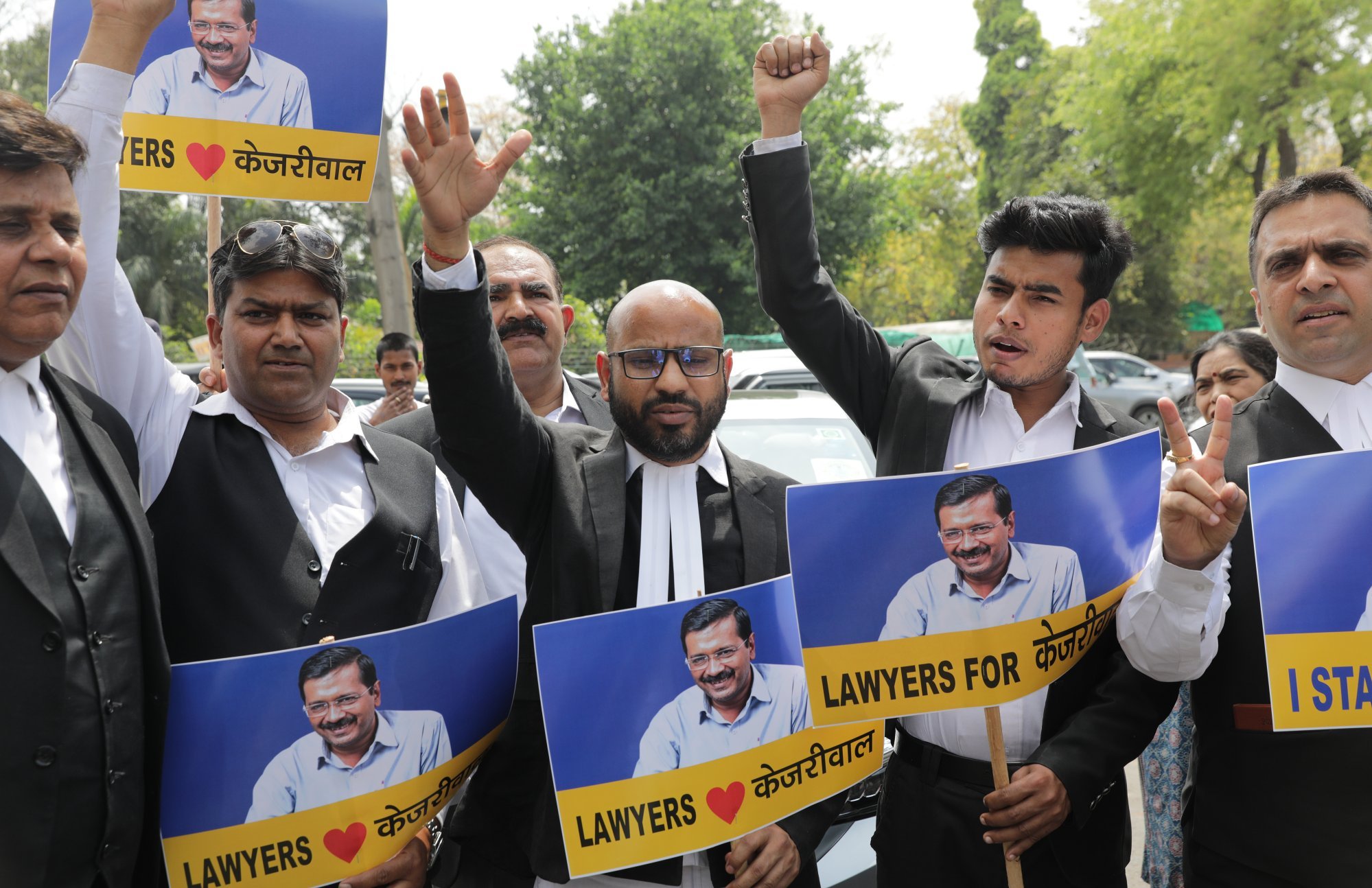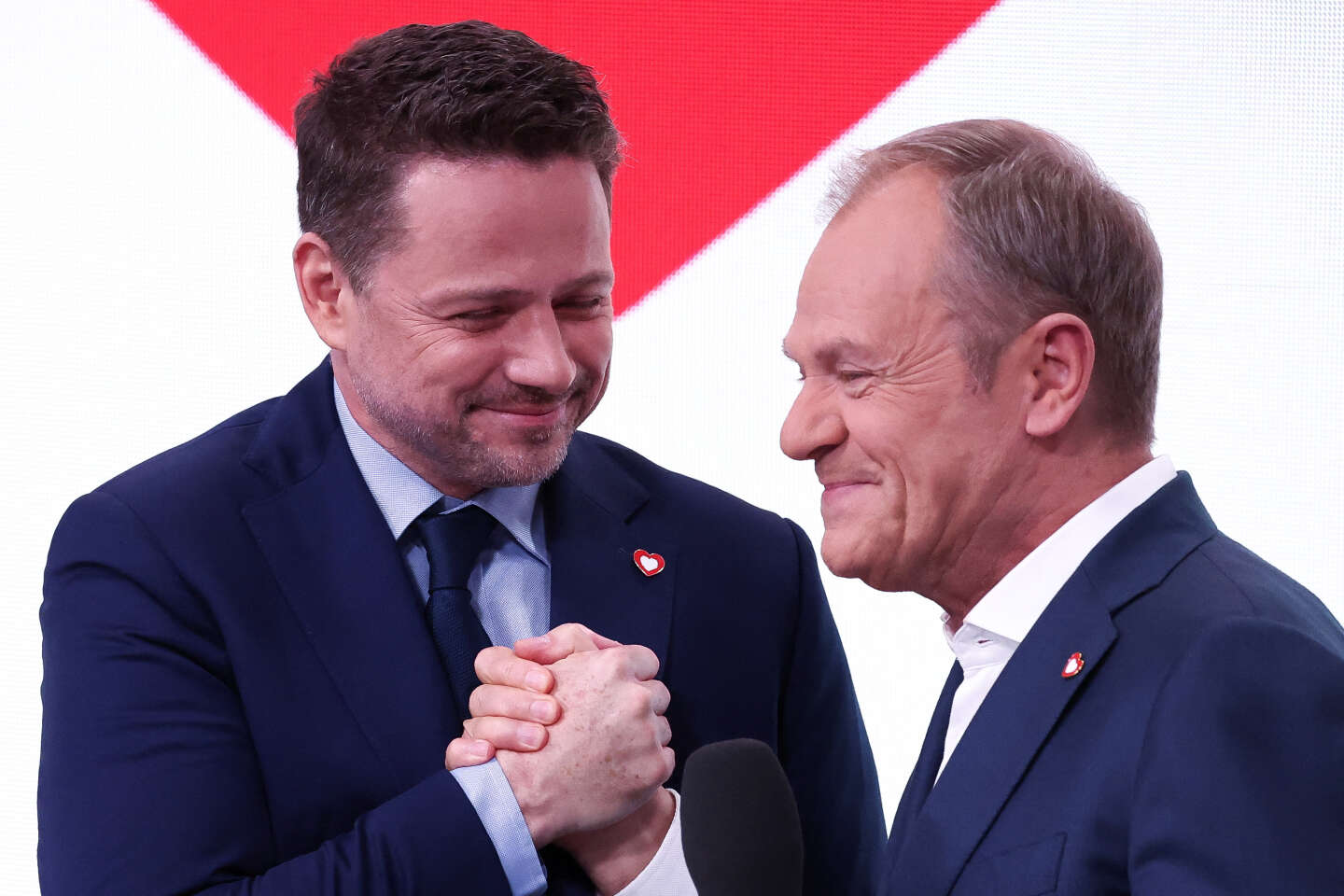India slams interference by ‘fellow democracies’ US and Germany over opposition leader’s arrest – Technologist
Kejriwal’s Aam Aadmi Party (AAP), which governs Delhi and Punjab and is a strong opponent to the ruling Bharatiya Janata Party, has denied the allegation, calling it a “fabricated case”.
The Indian government summoned the German embassy’s deputy chief of mission, Georg Enzweiler, last Saturday after Berlin said that Kejriwal is entitled to a “fair and impartial trial”.
High-altitude tunnel becomes new flashpoint in rising India-China tensions
High-altitude tunnel becomes new flashpoint in rising India-China tensions
Sebastian Fischer, the spokesman for Germany’s foreign office, said during a press conference last Friday that “we assume and expect that the standards relating to the independence of the judiciary and basic democratic principles will also be applied in this case”.
The next day, the Ministry of External Affairs (MEA) spokesman Randhir Jaiswal said in a statement that India conveyed its strong protest against Berlin’s remark, describing it as “interfering in the judicial process and undermining the independence of the judiciary”.
“India is a vibrant and robust democracy with rule of law … Biased assumptions made on this account are most unwarranted,” he added.
Four days after India lodged its protest with Germany, the US echoed the call for Kejriwal’s “unbiased” treatment.
A US State Department spokesperson said it was closely following reports of the opposition leader’s arrest, adding that Washington calls for “a fair legal process”.
Kejriwal has been remanded to 10 days in custody with the ED until April 1 following a judicial order. The ED alleged that the AAP had received 1 billion rupees (US$13.9 million) in kickbacks through the excise scheme to fund its election campaigns in the states of Gujarat and Punjab.
Is India’s billion-dollar aid to Bhutan aimed at curbing China’s influence?
Is India’s billion-dollar aid to Bhutan aimed at curbing China’s influence?
India summoned US Acting Deputy Chief of Mission Gloria Berbena to MEA on Wednesday to lodge a “strong objection” over the State Department’s remarks.
“We take strong objection to the remarks of the spokesperson of the US State Department about certain legal proceedings in India,” MEA said in a statement.
“In diplomacy, states are expected to be respectful of the sovereignty and internal affairs of others. This responsibility is even more so in the case of fellow democracies. It could otherwise end up setting unhealthy precedents,” the statement reads.
After summoning the US diplomat, State Department spokesman Matthew Miller reiterated Washington’s stance on the arrest, saying that “we encourage fair, transparent, timely legal processes. We don’t think anyone should object to that.”
Storm in a teacup
Michael Kugelman, director of Washington-based South Asia Institute at the Wilson Center, described the row as a storm in a teacup.
“The two sides [US and India] have so many more important things to be focused on, and there’s plenty of incentive on both sides to focus on strategic cooperation. That the partnership would get bogged down by a relatively anodyne comment by a US official says something about how the two sides still have work to do, to foolproof the partnership from problems like this,” Kugelman said.
Manjeev Singh Puri, India’s former ambassador to the European Union, said non-interference in domestic affairs is a bedrock of international relationships.
“These countries in the West think that it is their right to comment on things happening elsewhere. But India is a country with robust institutional arrangements and a vibrant democracy,” he said.
C. Raja Mohan, a visiting professor at the Institute of South Asian Studies in Singapore, said there would be “zero impact” on the India-US relationship over the diplomatic exchange of words.
“The US has to speak to its domestic audiences, and so does India. I don’t think it has any consequences either for the relationship between the two countries or for the growing convergence of their strategic interests,” Mohan said.

“India is in the middle of the elections and it is not going to accept any meddling in its internal affairs,” he added.
“India will always defend its sovereignty, and America will always talk about promoting democracy but the fact is, it will make no difference to the expanding relationship between the two countries.”
Impact on coming elections
Harsh V Pant, vice president for studies and foreign policy at the Observer Research Foundation (ORF) in Delhi, said regardless of the opposition’s accusations, India will not tolerate external interference in its domestic matters.
Pant termed the US and Germany’s statements as a part of the “standard diplomatic dance” between the countries.
“It would be odd for the US administration and can cause trouble domestically if the Americans didn’t raise such issues and equally it would be odd for India not to respond. So, be it Indians, Germans or Americans, they tend to accept that these things are part of their political systems,” Pant said.
Nepal’s political shift changes regional dynamics amid China-India rivalry
Nepal’s political shift changes regional dynamics amid China-India rivalry
Sandeep Shastri, a political scientist and vice-chancellor of Jain University, noted that the timing of Kejriwal’s arrest has implications for the upcoming election.
“Elections are influenced by internal factors. Considering the level of support and polarisation in the country, Kejriwal’s arrest can galvanise both the BJP and the AAP, one justifying the arrest, the other perceiving it as a form of injustice,” he said.
Pant, however, said it is very unlikely that the diplomatic row would impact the upcoming elections in India as voters would focus on issues that directly impact them.
“I very much doubt that the people of India are very carefully observing which country is speaking for which actors on [their] behalf.”


